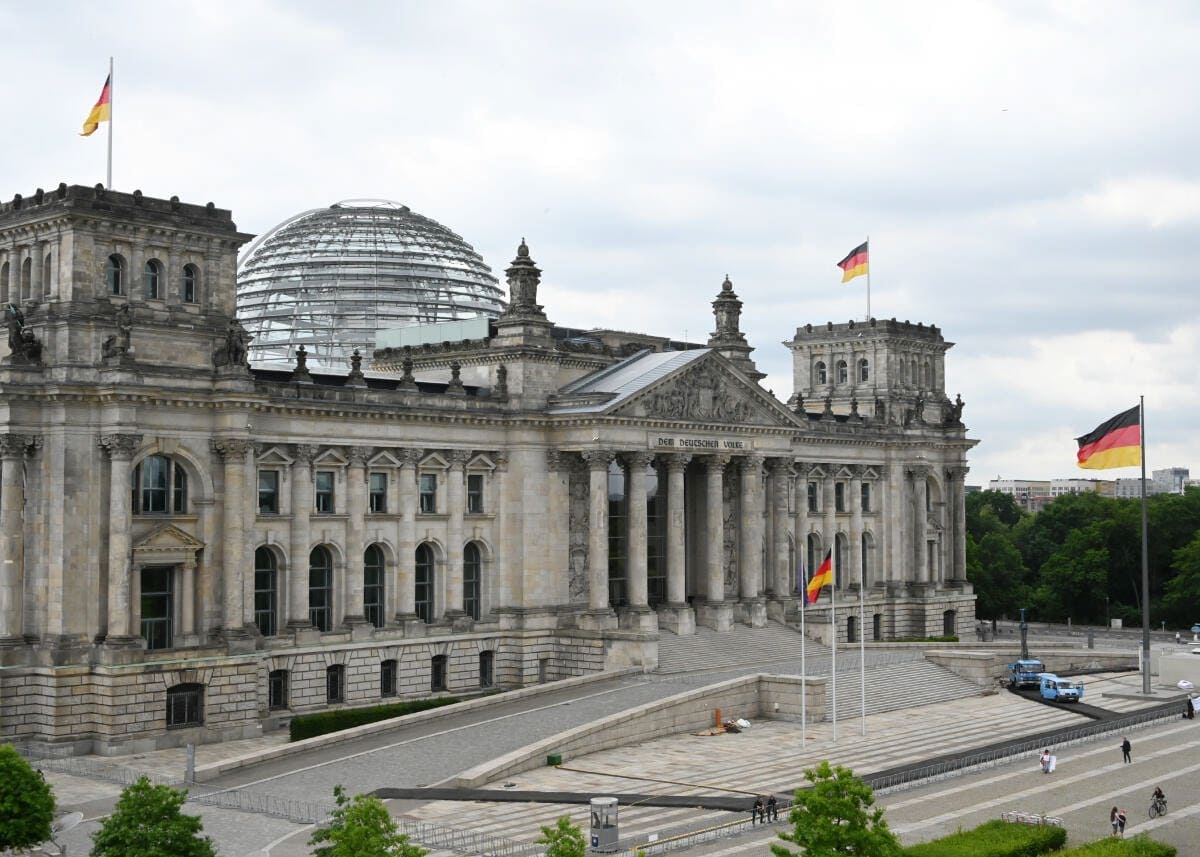Question 13: In parliament, the term "opposition" stands for ...
Answer Options:
- A) the governing parties
- B) the parliamentary group with the most members
- C) all parties that reached the 5% threshold in the last election
- D) all members of parliament who do not belong to the governing party or parties ✓ (Correct Answer)
Explanation:
The term "Opposition" correctly refers to all members of parliament who do not belong to the governing party or parties. This is a fundamental principle of parliamentary democracy, ensuring a balance of power and providing a critical voice to government actions. Option A is incorrect because the "regierenden Parteien" (governing parties) are precisely those that the opposition opposes. Option B is incorrect; while the largest party often forms the government, the "Fraktion mit den meisten Abgeordneten" (parliamentary group with the most members) is typically the leading government party, not the opposition. Option C is also incorrect as "alle Parteien, die bei der letzten Wahl die 5%-Hürde erreichen konnten" (all parties that could clear the 5% hurdle in the last election) includes both governing and opposition parties. Therefore, the Opposition encompasses all elected representatives who are not part of the current government coalition, acting as a check and balance within the legislative process.
Study Tip:
Opposition means 'against the government' in parliament.


